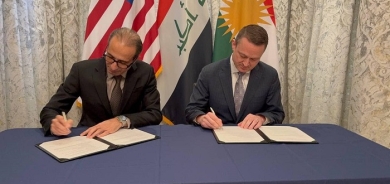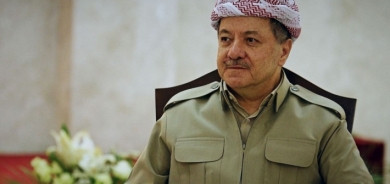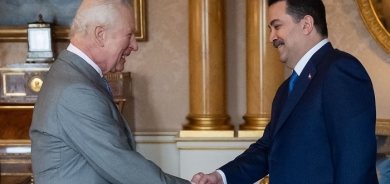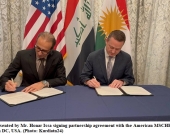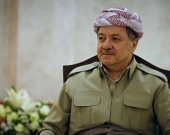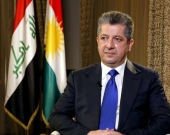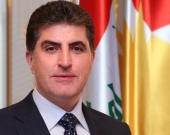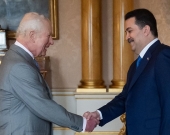As Iraq grapples with bombings, Erbil booms

Abdulkarim is not the only one who feels that way – the economy of the autonomous Kurdish region in northern Iraq, with Erbil as its capital, is growing faster than the rest of the country and sees none of the violence that has raged across Arab areas.
In Erbil, crowded cafes overflow onto sidewalks, customers pack out restaurants with no fear of attack and, perhaps most importantly for the three-province region’s future prospects, foreign investors appear keen to plant their flag.
“It is really easy to set up shop here,” said Jorge Restrepo, an American of Colombian origin who runs a consultancy business in Kurdistan targeting Spanish and Canadian energy companies.
“The government of Kurdistan is very open to foreigners,” he said.
Over the course of 22 years since the establishment of a no-fly zone over the region to keep out Saddam Hussein’s forces, Kurdistan has increasingly distanced itself from the rest of Iraq.
The region, comprised of Erbil, Sulaimaniyah and Dohuk provinces and their capitals of the same names, has its own president and prime minister, and the Kurdish flag flutters over government buildings.
Rather than the Iraqi army and police, the peshmerga and asayesh comprise the region’s security forces.
It is currently enjoying economic growth of 12 percent, according to its regional investment commission, while Iraq’s economy as a whole is projected to expand by nine percent this year, according to the International Monetary Fund.
And almost 800 foreign firms – the majority of them from neighboring Turkey – have so far entered the Kurdish market, apparently encouraged in particular by a 2006 investment law that exempts them from taxes on imports and profits for their first 10 years in the region.
Firms are not obliged to hire local staff, have local investors or local partners, and can repatriate their profits at their discretion, according to Kamiran Mufti, head of the regional investment commission.
“Security is really the key to success,” said Ghada Gebara, head of Korek, Iraq’s third-biggest mobile phone operator, which is headquartered in Erbil.
Nationwide violence in Iraq last month was its worst since 2008, according to both U.N. and official figures, but Mufti said the autonomous region, by contrast, did not record a single incident throughout May.
And there are more differences.
“The bureaucracy is enormous here as well, but in Baghdad, you also have religious divisions [between Sunni and Shiite Arabs], and of course the corruption,” Restrepo said.
The region has proven reserves of around 45 billion barrels of crude, or about a third of Iraq’s total reserves, according to regional officials, and its sale is the subject of tense debates.
The central government has angrily criticized Arbil for signing contracts with foreign energy firms without the expressed approval of the federal oil ministry, dismissing such deals as illegal, and slamming the transport of oil to Turkey as “smuggling.”
Gebara described the disputes – which also include a row over a swathe of territory stretching from the Iranian border to the Syrian frontier – as “healthy democratic debate,” but analysts and officials point to the disagreements as among the biggest threats to Iraq’s long-term stability.
For now, businesses in Arbil are not worried – at the dealership where Abdulkarim was eyeing a $24,500 pick-up truck, owner Hunar Majid was upbeat.
His glass-walled Toyota dealership lies at the center of the city and is packed. Majid hopes to increase sales threefold compared with last year.
At the entrance, Abdulkarim, a shepherd wearing the traditional baggy Kurdish garb, wasted little time debating whether to buy the truck of his dreams.
“Before, life was tough,” he said. “I could never pay for this truck.”
“But now, everything is good.”


